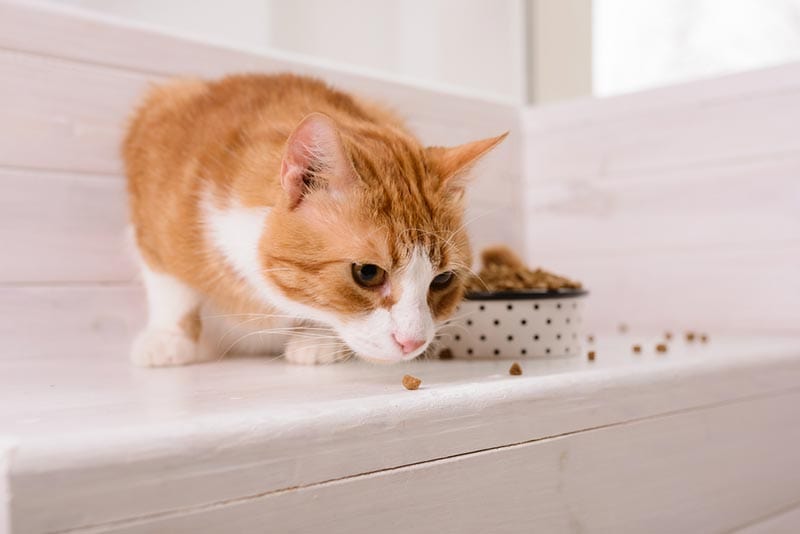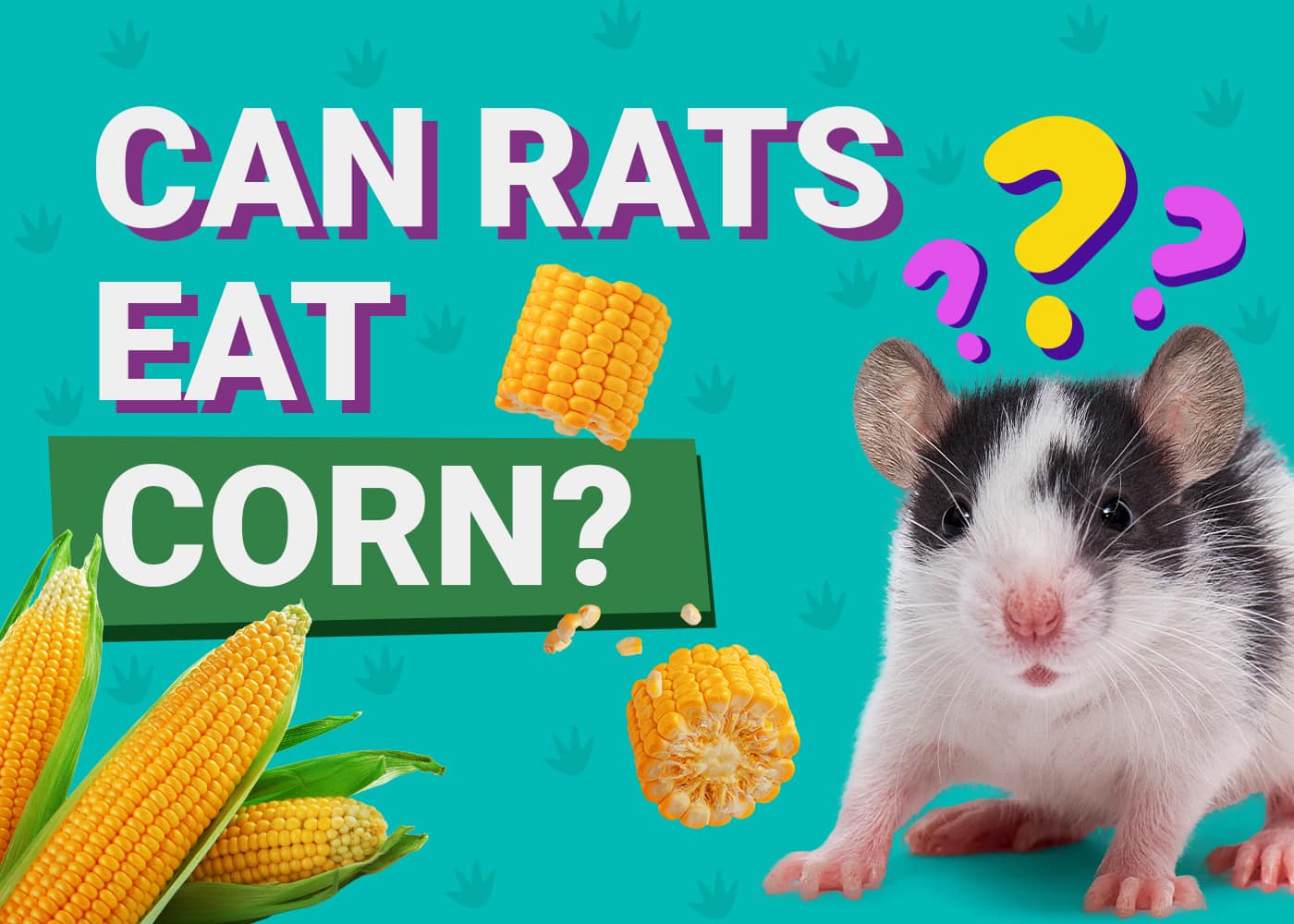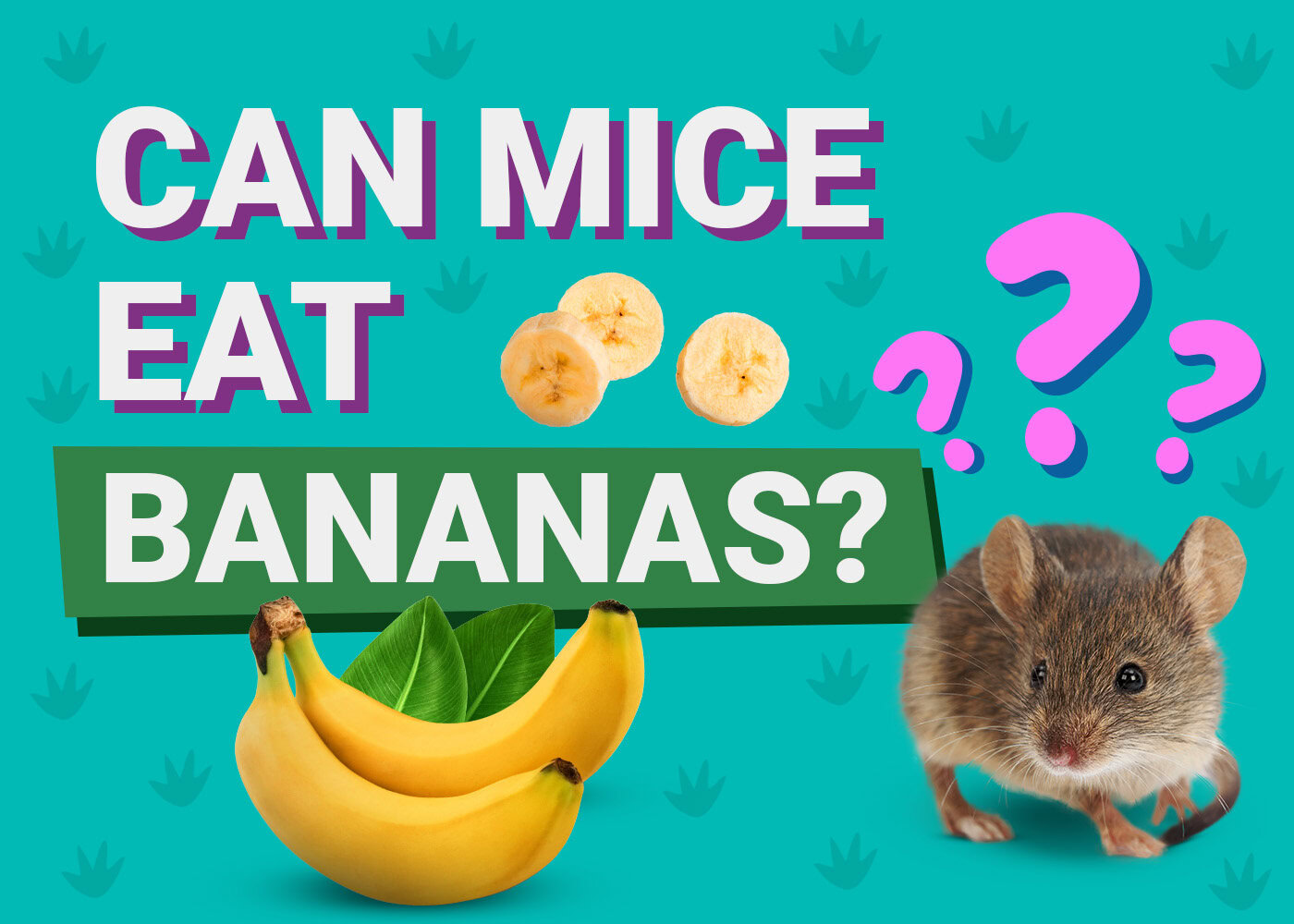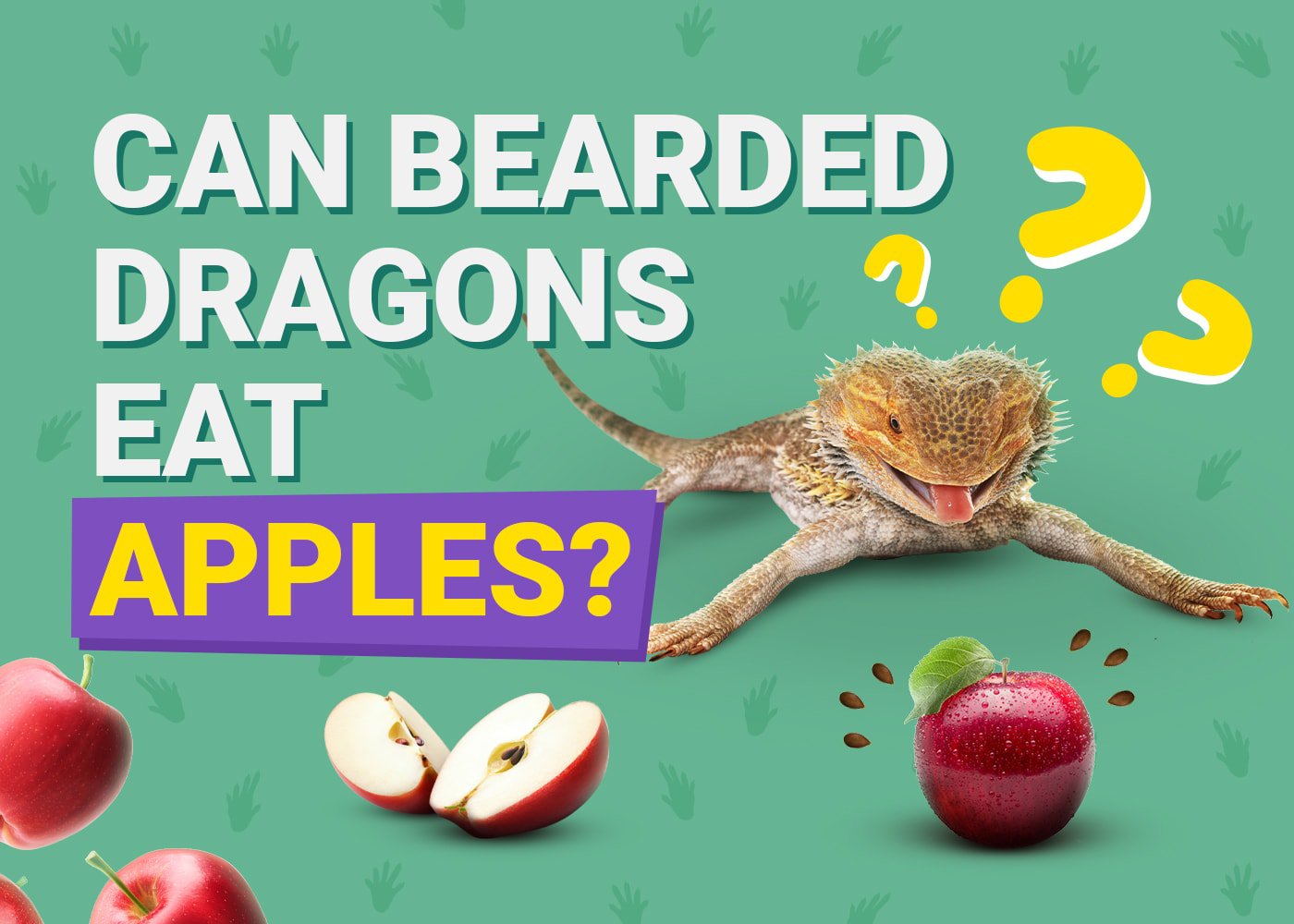VET APPROVED

The information is current and up-to-date in accordance with the latest veterinarian research.
Learn more »Click to Skip Ahead
As cats age, they might start losing weight, which is part of the natural aging process. If you’ve noticed your senior cat losing weight, it’s because senior cats might experience an age-related decline in food digestibility, particularly fats1. Also, as their metabolism slows down and their activity decreases, they will start to lose muscle mass.
Though this is a natural part of aging, it’s also something that isn’t easy for pet owners, and you should try to do everything you can to help your old cat maintain their weight to be healthy. If you’re unsure what to feed your cat, keep reading, and we’ll give you six great options to provide your senior feline pal to help them gain weight and stay as healthy as possible.
Please remember that what works for one cat might not work for another, especially if your senior cat has an underlying disease. We recommend getting everything approved by your vet before each dietary change.

The 7 Things to Feed an Old Cat to Help Them Gain Weight
1. High-Calorie Content
If you want your senior cat to gain weight, you’ll need to purchase food high in calories. Purchasing high-calorie food for your cat means that the cat will get more nutrients in every mouthful. If your cat has gotten to the point where they eat very little, the calorie-dense food will ensure that each bite they take is packed with calories.
One of the best ways to do this is by feeding your senior feline kitten food instead of adult cat food. Kittens are constantly growing, and their food is packed with nutrients, protein, vitamins, and minerals. These foods are incredibly high in calories to keep up with your kitten’s energy. While it is made for growing kittens, it’ll help your senior cat gain weight.
It’s best to contact your vet before changing your senior cat’s food to kitten food.
- Improve your cat’s dietary health with our convenient calorie calculator here.
2. Canned Wet Food
As cats age, their teeth age with them, meaning they aren’t as tough as they used to be, and it’s hard to chew the dry kibble your cat might be used to. Many elderly cats suffer from dental issues, which can also make it painful to eat dry kibble. The painful chewing can cause your cat’s appetite to fade rapidly.
Wet food encourages the cat to eat more because it’s softer on their teeth and gums. Also, wet food is higher in moisture and is better for their urinary and digestive tracts.
If you heat the wet food just a touch, it could also make it more appetizing for the cat since heating it up will activate the smell, which could entice your older cat to try it.
3. Smaller and More Frequent Portions
Another way to get your senior friend to eat is by feeding them smaller and more frequent portions of food. Older pets struggle to digest food, so one larger meal in the morning and one at night might be too much for the cat’s digestive system. If you, instead, split their food into five or six smaller meals a day, it should be easier for your cat to handle.
This is also a good idea if your cat throws up after they eat or has runny poops, which are signs of digestive problems in your feline. Smaller and more frequent meals help them keep the food down and increase the chances of absorbing the nutrients.
4. Diet Supplements
If you still can’t get your older cat to gain weight after all of these tips, you might consider giving them dietary supplements. You can get these supplements in gels and easily add them to your cat’s food. The supplements contain very high levels of protein, vitamins, and minerals.
Sometimes, vitamin B12 deficiency is behind a cat’s weight loss, and appropriate diagnosis and, if possible, treatment of the primary cause plus supplementation with B12 vitamins can help them recover their healthy weight.
Please make sure you talk to your vet for recommendations to help you decide which supplements you need to give your elderly cat.
5. Specialized or Prescription Diets
As cats get older, they often begin to suffer from kidney problems, which means you need to switch them to a low phosphorus and low sodium diet. If your cat has kidney disease, a diet with high phosphorus levels can make the disease worse and make it progress more quickly.
Sadly, there are quite a few calorie-rich cat foods that contain high levels of phosphorus and sodium, so you need to read the ingredients on the cat food before giving it to your cat. Your vet is the only appropriate person to decide whether your cat needs a prescription diet.
Likewise, some cats that have allergies or sensitivities to certain ingredients might see a great benefit when switched to a different protein source such as a hydrolyzed protein diet. Again, your vet will know to make just the right suggestions for your cat.
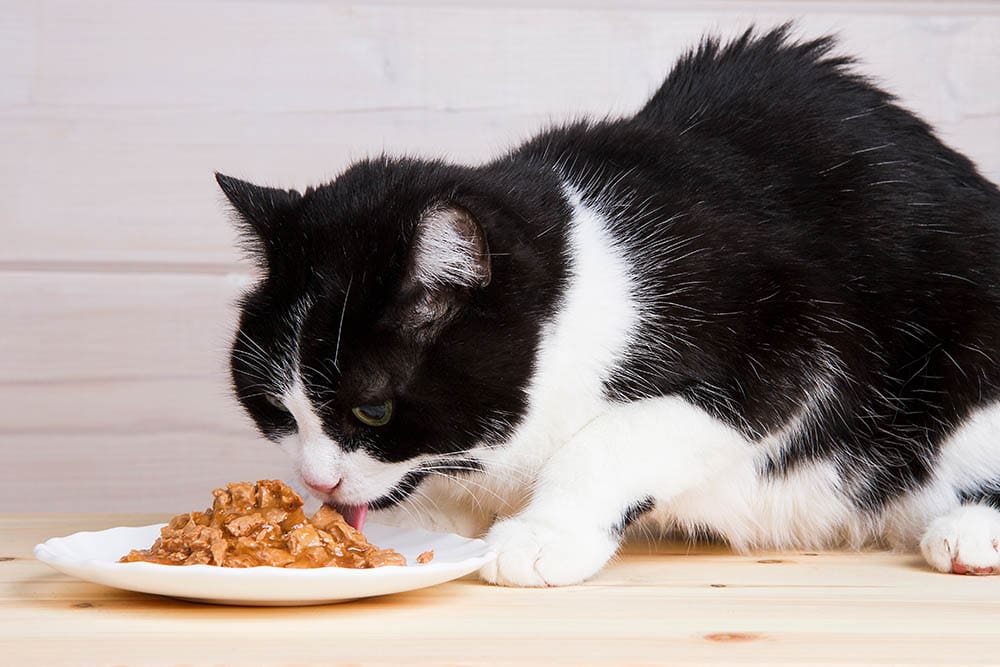
6. Homemade Treats
Just because your cat is aging doesn’t mean they will stop being a picky eater if they always were, and some of the foods above may not be appealing. It is possible that you can tempt your cat with homemade treats. Make sure that whatever you cook is free of spices and salt, as these could upset your cat’s digestive system. Healthy homemade treats might work well to tempt your senior cat to eat. Like with any other dietary change or addition, though, please ensure you get the green light from your cat’s vet before putting them in your cat’s plate or mouth.
7. Prebiotics, Fiber & Fatty Acids
A good-quality, complete and balanced diet supplemented with antioxidants such as vitamin E and beta-carotene, a blend of omega-3 and omega-6 fatty acids, and a prebiotic source such as dried chicory root, as well as probiotic supplementation, might help to reduce the loss in a cat’s body weight and even increase their longevity. This is especially helpful if the cat is losing weight due to vitamin B12 deficiency caused by a lack of the good microbes in their gut.


Possible Reasons Older Cats Lose Weight
Other than their ages, there are a few reasons older cats tend to lose weight. We’ll list a few of those reasons below.
- Toothache
- Diabetes
- Psychological issues
- Organ failure
- Hyperthyroidism
- Gastrointestinal disorders
- Intestinal parasites
- Lower digestibility of fats and protein
- Enteropathies
- Dysbiosis
- Hypocobalenemis (low vitamin B12)
What if Your Older Cat Refuses to Eat?
If your older cat refuses to eat, please take them to the vet as soon as possible. Anorexia in a cat can be a definitive sign that there is something going on, and with a senior cat, this is not something you should take lightly. Please do not wait to see if they recover their appetite, as most senior cats are usually dealing with underlying diseases that require medical intervention.
If you have non-urgent questions about your cat’s diet or weight, you should contact a vet for advice and additional information.

Conclusion
While cats tend to start losing weight when they get older, you should do everything in your hands to prevent this. Dietary changes might be beneficial for your cat, but please make sure that you change their food to something they can tolerate and that has been approved by a vet. If your senior cat is refusing to eat, take the cat to your vet right away and see if anything can be done to improve their condition.
See also:
Featured Image Credit: Elena Spac, Shutterstock
